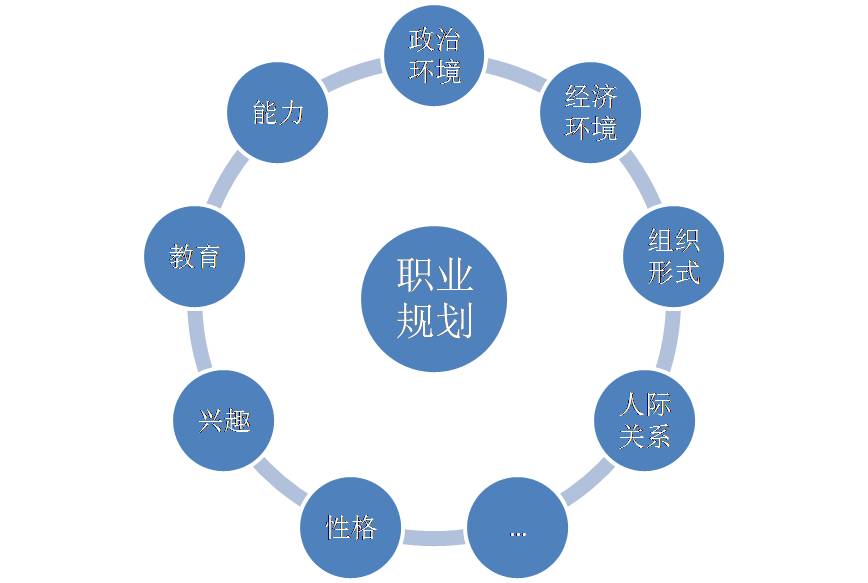根据Too much teaching does not make good and effective education为主题进行一场两人英语辩论,至少5个来回
Person A: Good morning. I strongly believe that too much teaching does not make good and effective education. Overloading students with excessive information can lead to confusion, frustration and ultimately, poor learning outcomes.
Person B: Good morning. While I agree that there should be a balance in education, I don't think we can generalize that "too much teaching" is ineffective. After all, the more we teach, the more knowledge students will gain, right?
Person A: That may seem logical, but quality trumps quantity in education. When teachers focus on delivering massive amounts of content, students often struggle to keep up, leading to surface-level understanding at best. This hinders critical thinking and deep learning.
Person B: But isn't it important for students to be exposed to a wide array of topics so they can develop a broad base of knowledge? How else will they discover their interests and strengths without extensive teaching?
Person A: Broad exposure is crucial, but it's about relevance and engagement. Focusing on teaching less but in a more interactive, hands-on manner can foster better understanding and retention. It encourages students to explore subjects deeply rather than just scratching the surface.
Person B: I see your point, but what about the importance of covering the curriculum? Won't limiting the teaching volume compromise academic standards and leave gaps in students' knowledge?
Person A: Covering the curriculum is essential, yet it doesn't mean we should rush through it. Prioritizing concepts and teaching them thoroughly can actually help students build a stronger foundation. Moreover, focusing on skill development like problem-solving and analysis can be more valuable than mere fact accumulation.
Person B: True, skills are vital, but facts are the building blocks of those skills. Without enough information, how can students develop the ability to think critically about a subject?
Person A: Absolutely, facts are crucial, but they must be digestible and applied. Teaching fewer topics more in-depth allows for contextual learning where students can connect ideas, apply concepts and develop a more profound understanding. This approach can indeed enhance critical thinking.
Person B: I understand your perspective now. Perhaps a balanced approach that emphasizes both depth and breadth, along with skill development, would be most beneficial for effective education.
Person A: Indeed, finding the right equilibrium is key. Education should be about inspiring a love for lifelong learning by making the process engaging and meaningful, not overwhelming and exhaustive. Quality over quantity can truly make education effective.
Person B: Good morning. While I agree that there should be a balance in education, I don't think we can generalize that "too much teaching" is ineffective. After all, the more we teach, the more knowledge students will gain, right?
Person A: That may seem logical, but quality trumps quantity in education. When teachers focus on delivering massive amounts of content, students often struggle to keep up, leading to surface-level understanding at best. This hinders critical thinking and deep learning.
Person B: But isn't it important for students to be exposed to a wide array of topics so they can develop a broad base of knowledge? How else will they discover their interests and strengths without extensive teaching?
Person A: Broad exposure is crucial, but it's about relevance and engagement. Focusing on teaching less but in a more interactive, hands-on manner can foster better understanding and retention. It encourages students to explore subjects deeply rather than just scratching the surface.
Person B: I see your point, but what about the importance of covering the curriculum? Won't limiting the teaching volume compromise academic standards and leave gaps in students' knowledge?
Person A: Covering the curriculum is essential, yet it doesn't mean we should rush through it. Prioritizing concepts and teaching them thoroughly can actually help students build a stronger foundation. Moreover, focusing on skill development like problem-solving and analysis can be more valuable than mere fact accumulation.
Person B: True, skills are vital, but facts are the building blocks of those skills. Without enough information, how can students develop the ability to think critically about a subject?
Person A: Absolutely, facts are crucial, but they must be digestible and applied. Teaching fewer topics more in-depth allows for contextual learning where students can connect ideas, apply concepts and develop a more profound understanding. This approach can indeed enhance critical thinking.
Person B: I understand your perspective now. Perhaps a balanced approach that emphasizes both depth and breadth, along with skill development, would be most beneficial for effective education.
Person A: Indeed, finding the right equilibrium is key. Education should be about inspiring a love for lifelong learning by making the process engaging and meaningful, not overwhelming and exhaustive. Quality over quantity can truly make education effective.




